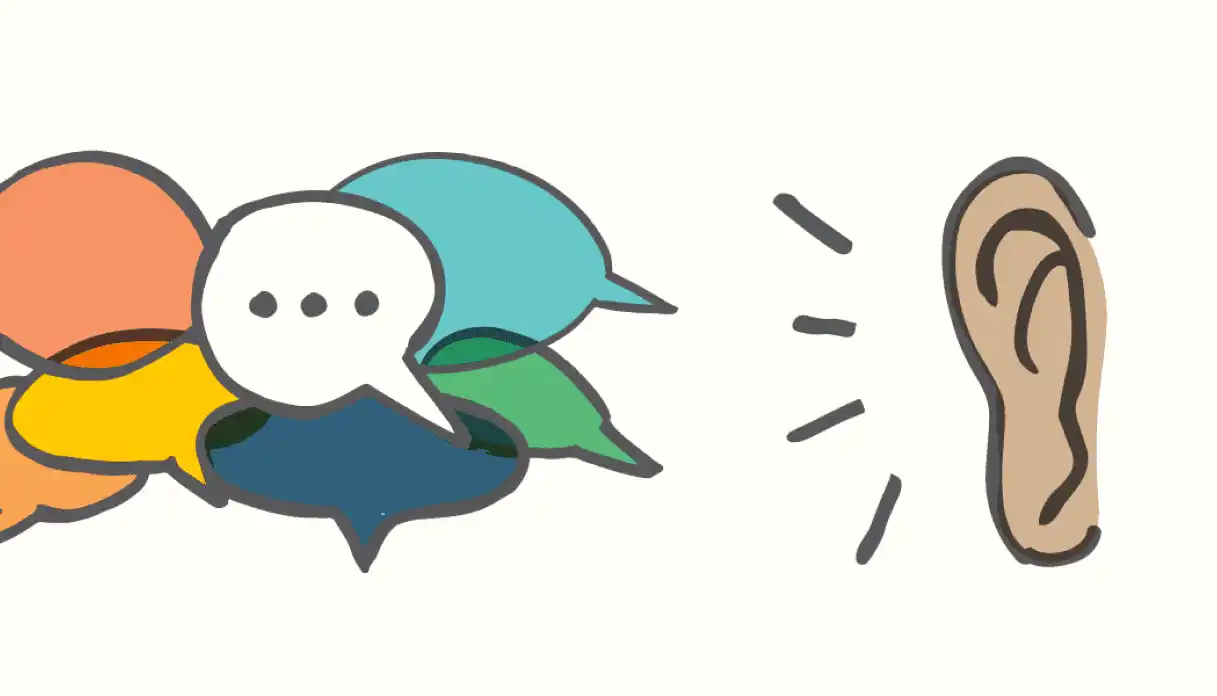The Power of Active Listening: Insights from My Journey as an Entrepreneur and Speaker

Active listening has been a fundamental part of my journey as an entrepreneur and speaker. It’s a critical skill that I’ve come to value deeply, whether I’m engaging in business, education, or personal interactions. Understanding the questions and concerns of my audience has always been the key to meaningful dialogue. It’s not just about making listeners feel heard; it’s about ensuring my message resonates deeply with them.
Understanding Listener Questions
For me, the most important aspect of active listening is learning what questions my listeners have and how they resonate with my audience. This means paying close attention to both verbal and non-verbal cues. By doing so, I can shape my responses and presentations to address their specific needs and concerns.
Benefits of Active Listening
Active listening offers numerous benefits. It enhances the communication experience by making individuals feel valued and respected. This method encourages active participation and engagement, leading to better outcomes in various aspects of life. Additionally, active listening helps individuals develop essential social and emotional skills that are crucial for their overall well-being and success.
The Role of Empathy
Empathy lies at the heart of both active listening and effective communication. The best part about active listening is you always give the other person the chance to express what the other person has to say. This inturn helps me to understand things from a broader perspective. By putting myself in the listener’s shoes, I can better understand their views and emotions. This empathetic approach has been essential in building trust and rapport with my audience. It allows for more effective communication and ensures my message is received and understood.
Active Listening in Public Speaking
Active listening has also been vital when delivering speeches. A good speaker understands the importance of connecting with their audience. By listening to feedback and observing reactions, I can adjust my delivery to ensure my message is impactful. This interaction creates a more dynamic and engaging presentation, making the audience feel involved and appreciated.
Building Relationships Through Active Listening
Active listening has been key to building strong relationships. It fosters a sense of trust and mutual respect, which is essential for effective communication. By showing that I value and understand the listener’s perspective, I create a positive and supportive environment. This approach not only benefits the immediate interaction but also lays the foundation for long-term relationships.
Practical Tips for Active Listening
-
Pay Full Attention: I focus entirely on the speaker, avoiding distractions.
-
Show That You’re Listening: I use body language, such as nodding or leaning forward, to indicate my engagement.
-
Provide Feedback: I reflect on what’s been said by paraphrasing or summarizing the key points.
-
Defer Judgment: I allow the speaker to finish before forming an opinion or response.
-
Respond Appropriately: I offer thoughtful and relevant responses that show I’ve understood the speaker’s message.
By understanding and addressing the needs of my audience, I’ve been able to create a more inclusive and engaging environment. Active listening ensures that everyone feels heard, understood, and valued. I’ve seen firsthand the powerful impact of this approach. Embrace active listening to enhance your interactions and build stronger, more empathetic connections.
